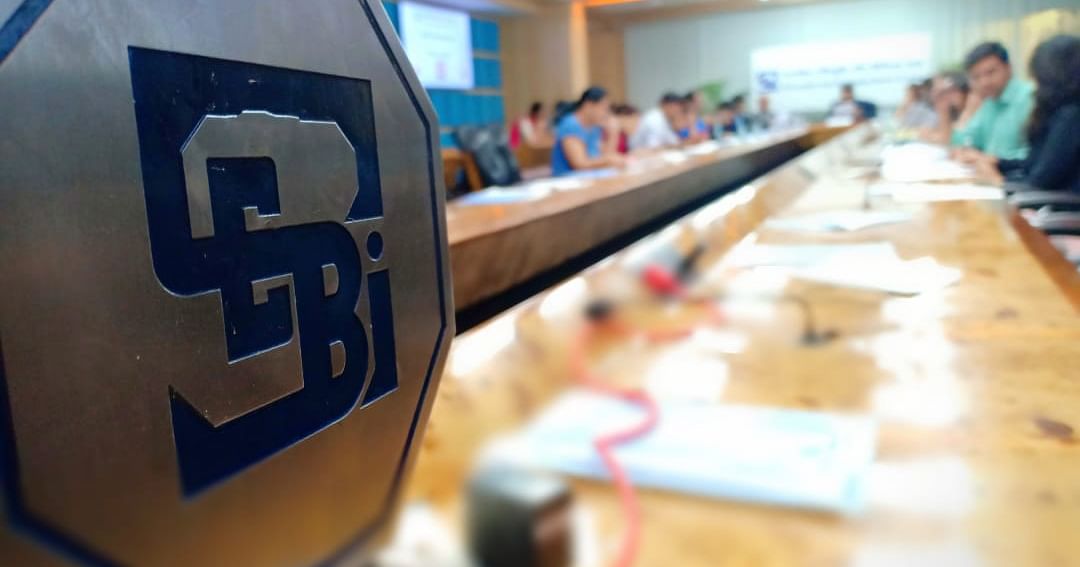[ad_1]
Subsequent ratification by shareholders can legitimise corporate actions, the Securities Appellate Tribunal has recently said.
Acts and deeds by the company would be valid if they have been approved by shareholders at a later date, the SAT said, while overturning SEBI’s order in Terrascope Ventures Ltd.’s case.
The company had received shareholder approval for a preferential allotment in October 2012. As per the resolution, the proceeds were to be deployed for capital expenditure, funding working capital requirements, marketing, setting up offices abroad, and other approved corporate purposes.
But Terrascope utilised the amounts to extend loans and advances to other corporate entities and purchase shares of other companies. This change in using proceeds of the preferential allotment was ratified by Terrascope’s shareholders five years later in September 2017.
The Securities and Exchange Board of India found this to be a violation of its listing regulations and unfair trade practices framework.
It considered the act of non-disclosure and subsequent ratification fraudulent and imposed a penalty of Rs 1 crore on the company and Rs 25 lakh on two of its directors. It held that “past illegal acts/deeds of the company cannot be legitimised by subsequent ratification by passing resolution of the shareholders”.
On appeal, SAT overturned this conclusion.
It pointed out that ratification means “making valid an act already done”. And that once the special resolution ratifying the variance in the utilisation of funds had been passed, it shall be considered as the original objective of utilisation.
A regulatory proceeding in relation to actions carried out without following due process or prior approval should ideally be initiated before such action is regularized by way of ratification, Shahezad Kazi, partner at S&R Associates, said.
[ad_2]
Image and article originally from www.bqprime.com. Read the original article here.

